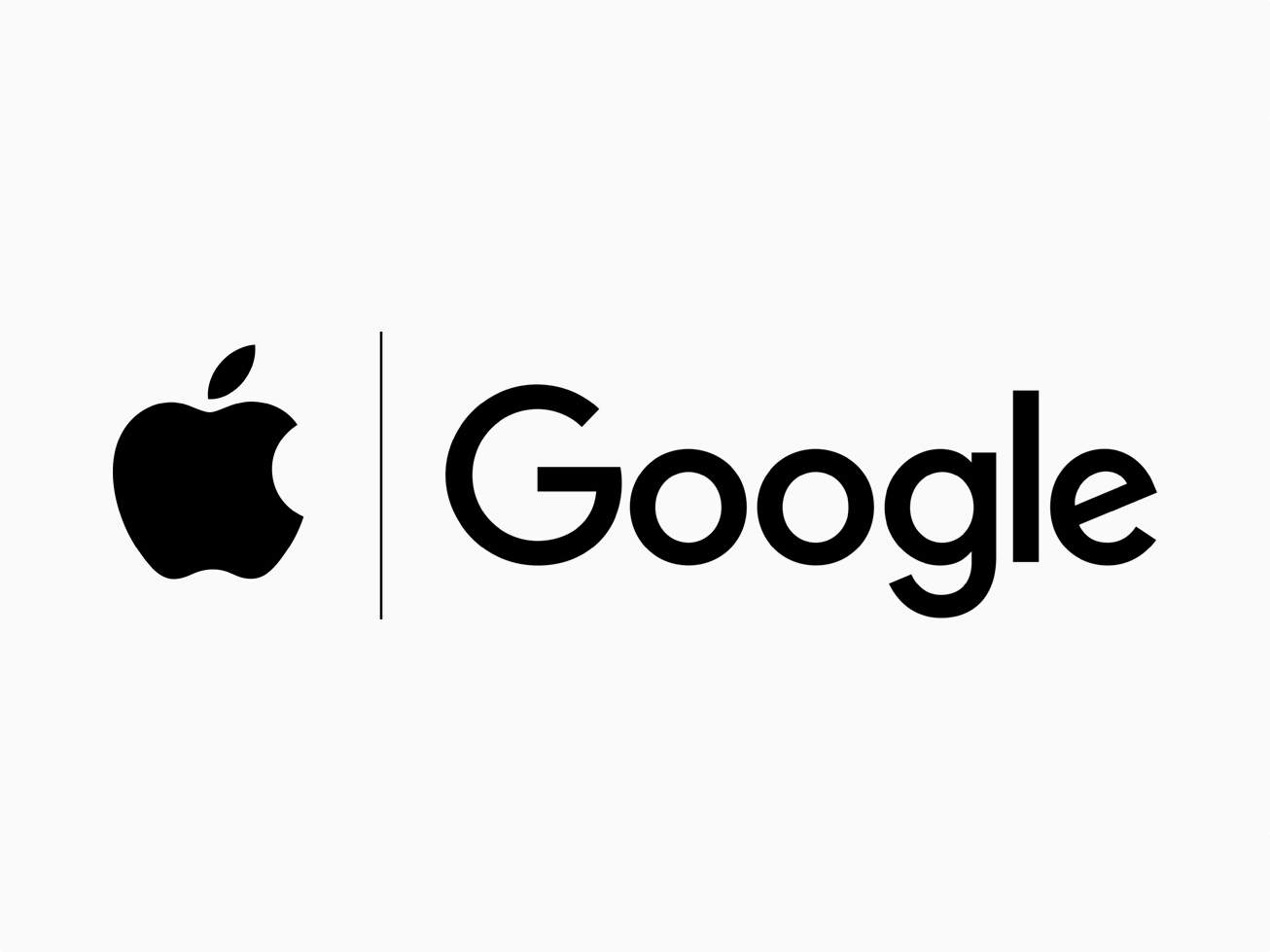Apple and Google's contact tracing tech is barely used in the United States

What you need to know
- Adoption of Apple and Google's contact tracing technology is struggling in the U.S.
- Only four states currently plan to implement the technology.
- Many states have no plan to create a contact tracing app.
Despite its quick turnaround in creating the technology, barely any states in the United States are planning on adopting Apple and Google's Exposure Notification technology.
Reported by Lawfare, the United States has decided to leave contact tracing apps to a state by state decision which has resulting in an inconsistent approach on what technology is used and if an app is built at all.
Despite Apple and Google encouraging each country to build only a single contact-tracing app, the U.S. has developed a patchwork of apps. Like many aspects of the fractured American response to COVID-19, contact-tracing decisions are being made at the state level. This has raised concerns that the panoply of U.S. apps risks confusing users and could make it harder to track COVID-19 exposure when people travel across state lines. What's more, it has produced an enormous variation in state efforts. While some states have developed apps that rely on GPS technology, others have opted to employ the Bluetooth protocols developed by the two tech giants. The majority of states, though, currently have no plans at all to develop a contact-tracing app.
Even more concerning, only four states currently have plans to utilize Apple and Google's Exposure Notification technology in their contact tracing apps. Oklahoma, Alabama, South Carolina and Virginia are the only states signed on to build their apps with the technology.
Perhaps most surprising: despite early hype about the Apple-Google API, only Oklahoma, Alabama, South Carolina and Virginia currently plan to use the Silicon Valley companies' protocols. The Apple-Google system uses Bluetooth beacons to log the phones that a user's cell has been near and anonymizes the data. The technology relies on a decentralized system—meaning that an individual's data is stored locally on their phone rather than in a central database accessible to app developers or government officials. Virginia and Oklahoma have both finalized contracts with developers to build bluetooth-based contact-tracing apps. South Carolina's bluetooth-based app will be developed by the Medical University of South Carolina. In Alabama, a Birmingham-based tech company is collaborating with the state public health department to develop an app based on the tech giants' API, and they say its first use will likely be among students at the University of Alabama when they return to campus in the fall. None of the apps that rely on the Apple-Google API has yet been released.
What might be worse is the fact that a number of states have no plans to build a contact-tracing app and are choosing to rely solely on human contact-tracers. Almost a quarter of states currently have no plans to build a digital solution to help assist in the effort.
Many states, though, have no plans at all to develop a contact-tracing app. For instance, New Jersey Governor Phil Murphy told reporters in early June, his state "is neither pursuing nor promoting exposure notification or digital alerting technology," relying instead on human contact tracers who will call individuals directly. Other governors have taken the same approach: California, Colorado, Connecticut, Delaware, Georgia, Idaho, Indiana, Iowa, Louisiana, Maryland, Montana, New Hampshire, New Mexico, Tennessee, Texas, Vermont and Wyoming have all confirmed they aren't currently developing digital contact-tracing apps.
Currently, Apple and Google's Exposure Notification technology exists in the form of an API that governments and health agencies can use in their own app. The companies plan to build the technology into the operating system directly, but it is currently unclear as to when that will happen.
iMore offers spot-on advice and guidance from our team of experts, with decades of Apple device experience to lean on. Learn more with iMore!

Joe Wituschek is a Contributor at iMore. With over ten years in the technology industry, one of them being at Apple, Joe now covers the company for the website. In addition to covering breaking news, Joe also writes editorials and reviews for a range of products. He fell in love with Apple products when he got an iPod nano for Christmas almost twenty years ago. Despite being considered a "heavy" user, he has always preferred the consumer-focused products like the MacBook Air, iPad mini, and iPhone 13 mini. He will fight to the death to keep a mini iPhone in the lineup. In his free time, Joe enjoys video games, movies, photography, running, and basically everything outdoors.
